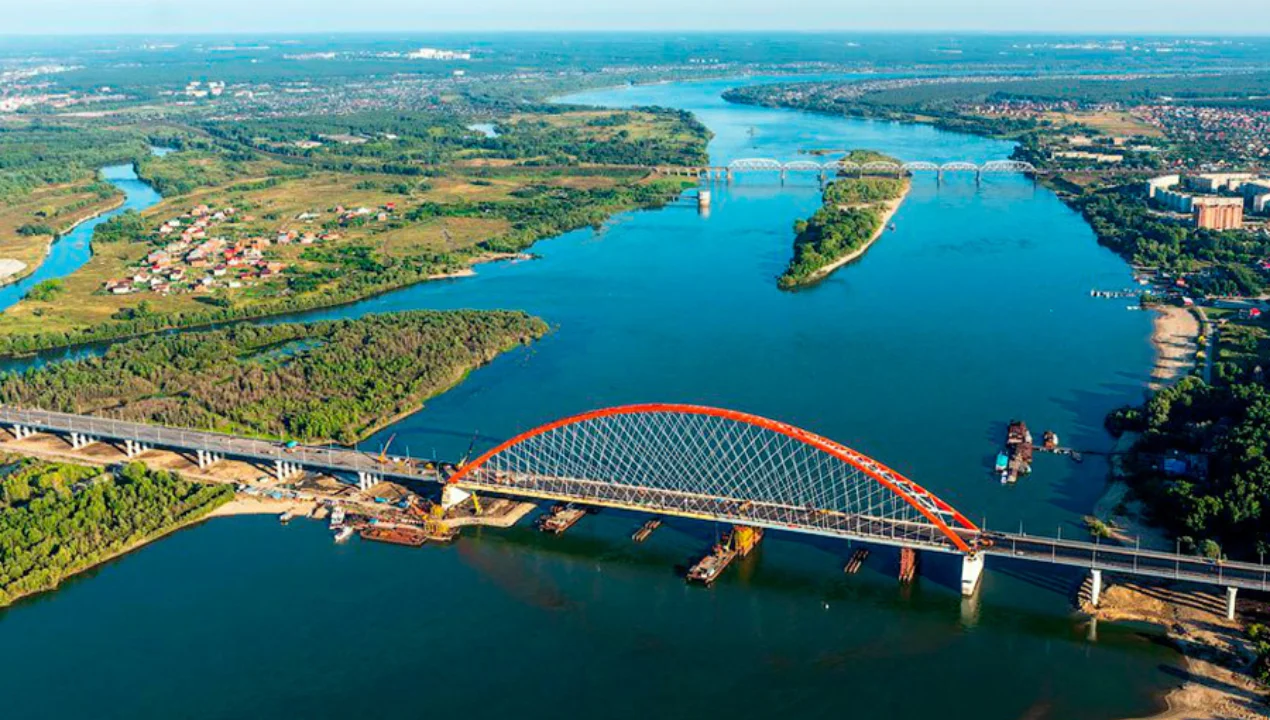The project of diverting Siberian water to Uzbekistan is being reviewed

The Russian Academy of Sciences is reviving a grand idea that had been stalled for years - the possibility of redirecting part of the Ob River's flow towards Central Asia, including Uzbekistan, has once again come to the center of scientific discussion. RBK reported this.
The main goal is to mitigate the growing water shortage, the risk of desertification, and socio-economic problems in neighboring regions. The "Turning of the Siberian Rivers" project, proposed during the Cold War, is being reviewed and adapted to modern conditions. Now the possibility of delivering water not through open canals, but through a modern closed pressure pipeline system is being discussed.
At a meeting of the Department of Earth Sciences of the Russian Academy of Sciences in October, the strategy, risks, and opportunities in this area were discussed in detail. The scientists also emphasized the need to analyze the transboundary water distribution, the impact of climate change, and its impact on the future development of the countries of Central Asia.
Viktor Danilov-Danilyan, Scientific Director of the Institute of Water Problems, proposed financing research in this area through state grants. Two main scenarios were put forward in the discussions:
1. Direction of water from the Ob River to the Aral Sea region on the Kazakhstan-Uzbekistan border;
2. Study of the possibility of supplying the Pechora and North Dvina streams to the Volga basin.
According to researchers, such large-scale hydraulic engineering solutions can have a positive impact on the water balance not only in Russia, but also in Central Asia.
One of the presented concepts is the construction of a seven-way closed pressure pipeline with a length of 2100 km. According to calculations, the first stage alone can provide at least 5.5 billion cubic meters of water per year. If the need increases, it is possible to increase this volume three to four times. Nevertheless, the company "Poliplastik" stated that it is not the initiator of such large-scale projects, and their proposals are scientific in nature.
Academician Robert Nigmatulin noted that the water and energy shortage in Central Asia is rapidly increasing. According to him, even a small part of the Ob River's current (20-70 cubic km per year) can contribute to its runoff, while simultaneously reducing the heat load on the Arctic.
However, the high cost of the project remains a serious problem. According to the calculations of the company "IES Engineering and Consulting," the implementation of the project will require at least $100 billion, and the construction period will be no less than ten years. The Great Artificial River in Libya and the California Aqueducts were cited as examples.
It should be recalled that during the Soviet era, the project of diverting Siberian waters to Central Asia was discussed for 20 years, but in 1986 it was officially suspended due to low economic efficiency.
Now, due to global climate change, the depletion of water resources, and the ecological crisis in the Aral Sea region, this idea has returned to the agenda. Scientists emphasize the need for extensive research to give a clear scientific conclusion about whether the project is practical or not.
Read “Zamin” on Telegram!





















